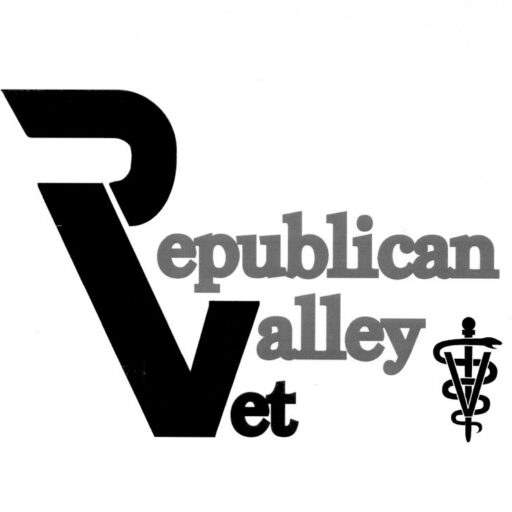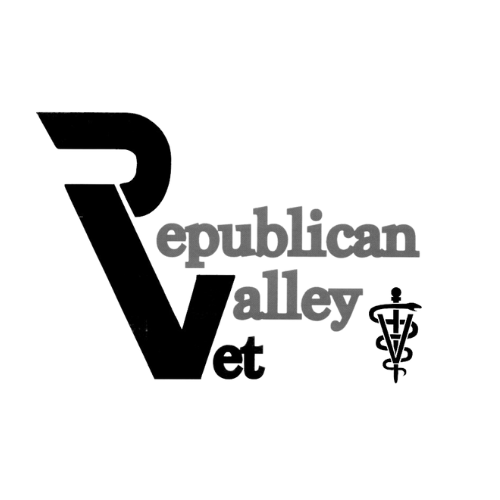Owning a horse is a rewarding experience, but it also comes with a responsibility to keep your equine companion healthy and thriving. Regular equine health checkups are vital to catch any early signs of health issues and to keep track of your horse’s overall condition. Comprehensive equine physical exams are not just for addressing concerns when something seems off, they are a proactive way to monitor health, assess fitness, and tailor preventive care. By scheduling these routine evaluations, you ensure your horse remains in peak condition, ready for any adventure or competition ahead.
What is a Comprehensive Equine Physical Exam?
A comprehensive equine physical exam is an in-depth evaluation of your horse’s health, aimed at identifying potential issues and establishing a baseline for their overall wellness. The exam usually begins with a detailed medical history review, followed by a physical assessment of various systems in the body. This includes:
- Heart and Respiratory Evaluation: Checking heart rate, rhythm, and lung sounds to detect murmurs or respiratory issues.
- Musculoskeletal Assessment: Evaluating movement and limb condition to look for any signs of lameness or discomfort.
- Gastrointestinal Health Check: Monitoring gut sounds to ensure the digestive system is functioning correctly.
- Body Condition Score: Assessing weight, muscle tone, and fat distribution.
Additionally, equine dental examination is a key part of the physical exam, ensuring the teeth are in good shape to avoid feeding issues and potential weight loss. The vet also assesses your horse’s eyes, ears, and skin to spot any abnormalities. By conducting these routine horse physical exams, you can detect problems early, customize health plans, and keep your horse performing at its best. Regular assessments are crucial to ensuring your horse’s long-term health and well-being.
Importance of Regular Physical Exams for Horses
Scheduling routine horse physical exams is crucial for maintaining your horse’s health and longevity. Horses are experts at hiding signs of discomfort and pain, which makes regular checkups essential. A comprehensive evaluation allows for early detection of common issues like lameness, dental problems, or metabolic disorders before they escalate. Proactive monitoring through equine health checkups helps in creating a solid health plan tailored to your horse’s unique needs.
Key benefits of regular exams include:
- Early Detection of Health Issues: Regular exams help catch problems like arthritis, respiratory concerns, or gastrointestinal disorders before they become serious.
- Tailored Nutrition and Exercise Plans: Your veterinarian can adjust diet and fitness plans based on your horse’s health and activity level.
- Vaccination and Deworming Updates: Routine exams provide the opportunity to keep your horse up to date on essential vaccinations and parasite control.
A comprehensive equine physical exam isn’t just a health formality; it’s a proactive strategy to prevent illness and maintain optimal performance. Regular evaluations can make a significant difference in your horse’s overall well-being, ensuring it remains healthy, active, and ready for its next challenge.
What to Expect During an Equine Physical Exam
During a routine horse physical exam, a veterinarian will perform a head-to-hoof evaluation to ensure your horse is in top condition. They start by checking vital signs such as temperature, pulse, and respiration rate to establish a baseline for your horse’s health. A thorough equine dental examination is typically part of the process to check for uneven wear or dental diseases that could impact your horse’s ability to chew and digest food properly.
The following areas are typically covered in a comprehensive equine physical exam:
- Body Condition and Weight Assessment: Evaluating the horse’s weight, muscle tone, and fat distribution to ensure optimal condition.
- Eye and Vision Check: Testing for visual acuity and checking for any abnormalities or signs of infections.
- Heart and Lung Evaluation: Listening to heart and lung sounds to detect any murmurs or breathing issues.
For performance horses, a lameness evaluation may be conducted to pinpoint any subtle signs of discomfort that could affect their athletic abilities. This involves observing the horse’s gait, palpating limbs, and testing joint flexibility. A comprehensive equine physical exam helps keep your horse performing at its best, ensuring they stay healthy and happy for years to come. Regular exams provide the information needed to develop a personalized care plan tailored to your horse’s specific needs.
Book A Comprehensive Equine Physical Exam at Republican Valley Veterinary Clinic
Republican Valley Veterinary Clinic in Saint Francis, Kansas, is dedicated to providing exceptional equine care for horses in the surrounding areas, including Goodland and Bird City. Regular equine health checkups are essential for ensuring your horse’s long-term health, and a comprehensive equine physical exam is the best way to catch problems early, optimize performance, and maintain peak condition. If you’re in or near Saint Francis, KS, schedule your next exam with us today by booking an appointment.


